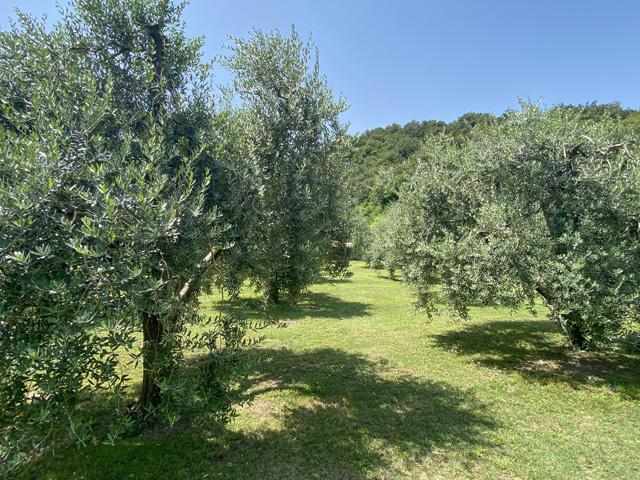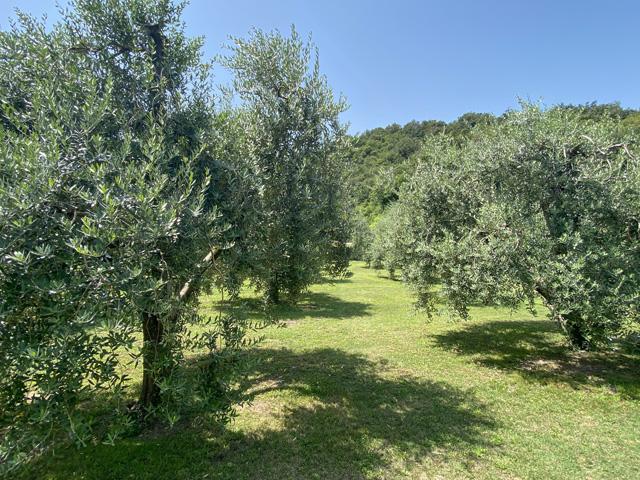Ag Weather Forum
Europe Heat Waves Bring Lower Olive Oil Production, Higher Prices
The past spring and summer brought some exhausting heat waves to Europe. Mid-July was especially notable. Temperatures across the southern half of Europe soared as high as 42 to 45 degrees Celsius -- the equivalent of 108 to 113 degrees Fahrenheit.
News reports featured images of tourists battling the heat, but the extreme heat also slashed olive oil production and supply. Reported world production estimates by the International Olive Council point to production this year of 2.4 million metric tons (mmt), less than a year ago and some 20% less than world demand of about 3.0 mmt. That 2.4 mmt total is also 25% less than USDA's forecast for world olive oil production issued back in May.
Two waves of heat stress hurt the olive trees this year. In April, a spell of hot weather occurred just as trees were flowering, resulting in aborted flowers and no new fruit. Then, the mid-July heat wave caused trees to pull resources away from the new fruit to survive, leading to still-immature olives being dropped from the branches.
P[L1] D[0x0] M[300x250] OOP[F] ADUNIT[] T[]
Prices are notably higher because of the lower production. In mid-September, the International Olive Council noted producer prices for extra virgin olive oil in Spain were 116.5% higher than a year ago.
In Italy, extra virgin olive oil producer prices were almost 80% higher than the same period last year. Producer prices in Greece were more than 100% above a year ago in the same time frame. And, in supermarkets and restaurants, the higher prices are moving to the customer. The New York Times reported this week that name-brand olive oil in supermarkets is about 20% higher than earlier this year, as wholesale olive oil suppliers pass along their own price increases.
However, just as in row-crop scenarios where high prices are the result of low production, growers whose olive groves suffered the most from the extreme heat do not get the benefit of those higher prices. The London, England-based Guardian quoted olive grower organization leaders saying some producers in southern Spain had production losses of around 80% because of the extreme heat.
In general, Europe faces some big challenges with its agricultural production because of the effects of climate change. The impact of extreme heat is at the top of the list.
"Drought and heat have caused by far the largest share of negative economic impacts to European agriculture and this is expected to continue into the future," notes a climate change study done by the European Union Parliament AGRI committee in April of this year. The dried-up olive oil production totals offer an example of what such changes mean in the countryside and at the dinner table.
Bryce Anderson can be reached at bryce.anderson@dtn.com
(c) Copyright 2023 DTN, LLC. All rights reserved.






Comments
To comment, please Log In or Join our Community .